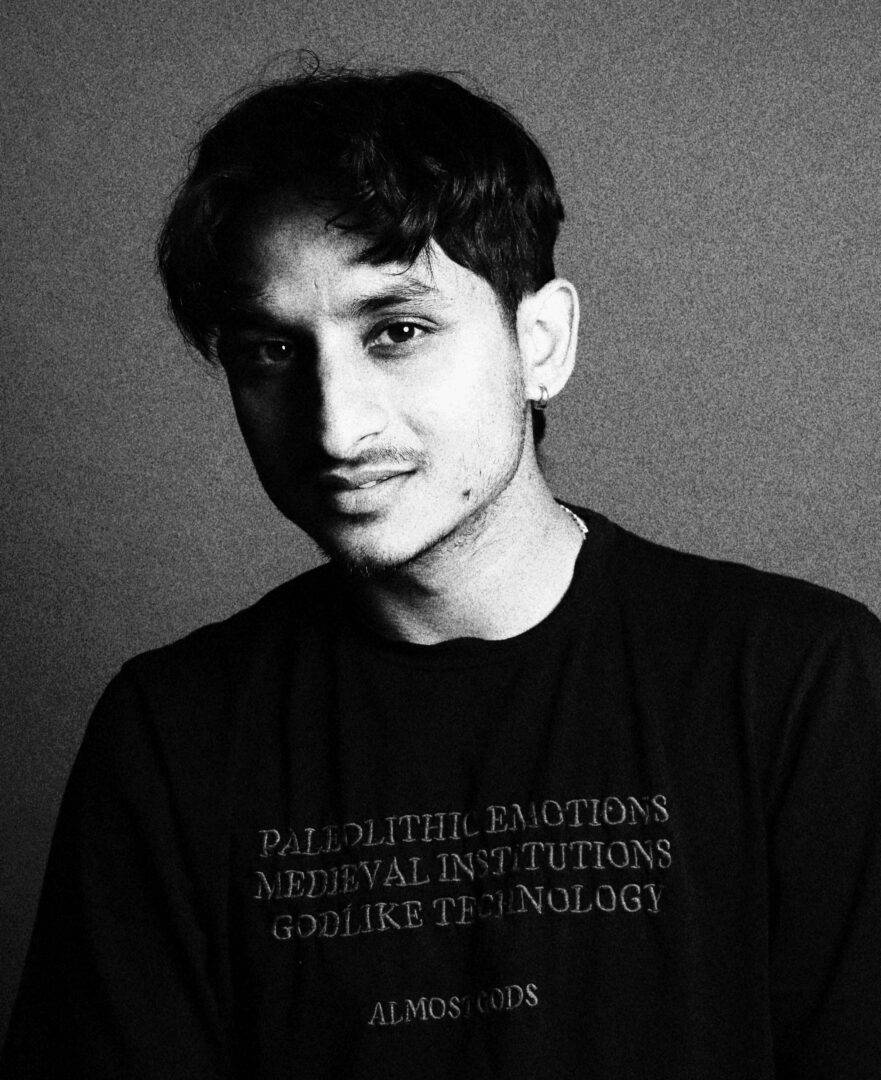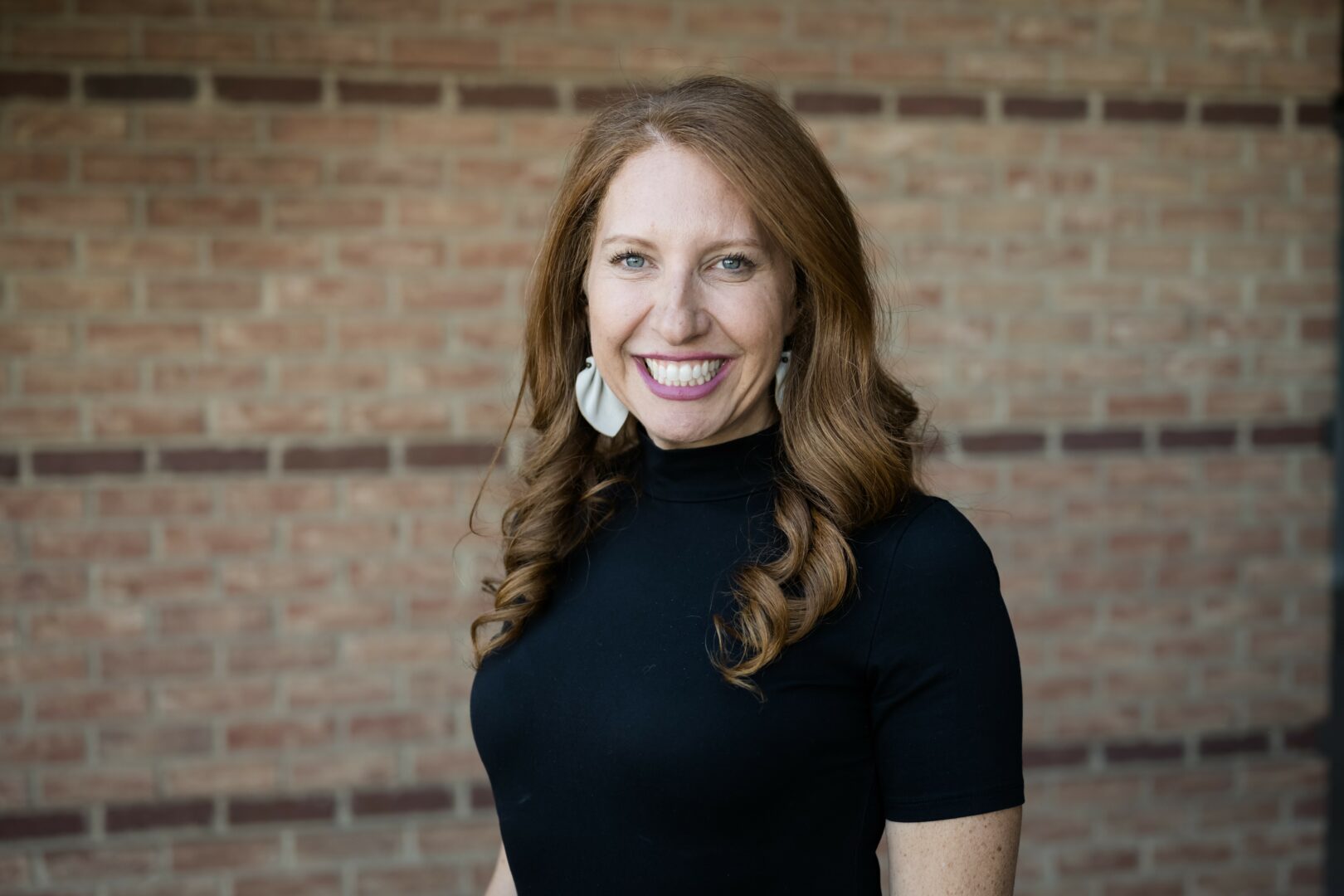We recently connected with Anubhav Kaushish and have shared our conversation below.
Anubhav, so good to have you with us today. We’ve got so much planned, so let’s jump right into it. We live in such a diverse world, and in many ways the world is getting better and more understanding but it’s far from perfect. There are so many times where folks find themselves in rooms or situations where they are the only ones that look like them – that might mean being the only woman of color in the room or the only person who grew up in a certain environment etc. Can you talk to us about how you’ve managed to thrive even in situations where you were the only one in the room?
I didn’t start as a cinematographer. I started as an assistant director on Bollywood sets, managing chaos, hitting marks, and watching everything. But what caught my eye wasn’t the action. It was always the light.
I’d find myself watching the DPs: how they built mood, how they carved space with contrast, how they made a story feel like memory. That quiet obsession followed me.
When I moved to the U.S. to study filmmaking, I wasn’t the only international student, but I was often the only one who didn’t come from the same system. No shared film school networks. No easy references. I had to figure out how things worked fast.
What made me effective wasn’t being loud or flashy. It was showing up over-prepared. Taking every student film seriously. Turning indie sets into labs. I didn’t speak the “industry language,” but I learned to speak through images.
Being the only one in the room taught me to lead through presence, not position. And to turn every unfamiliar space into a place I belonged.
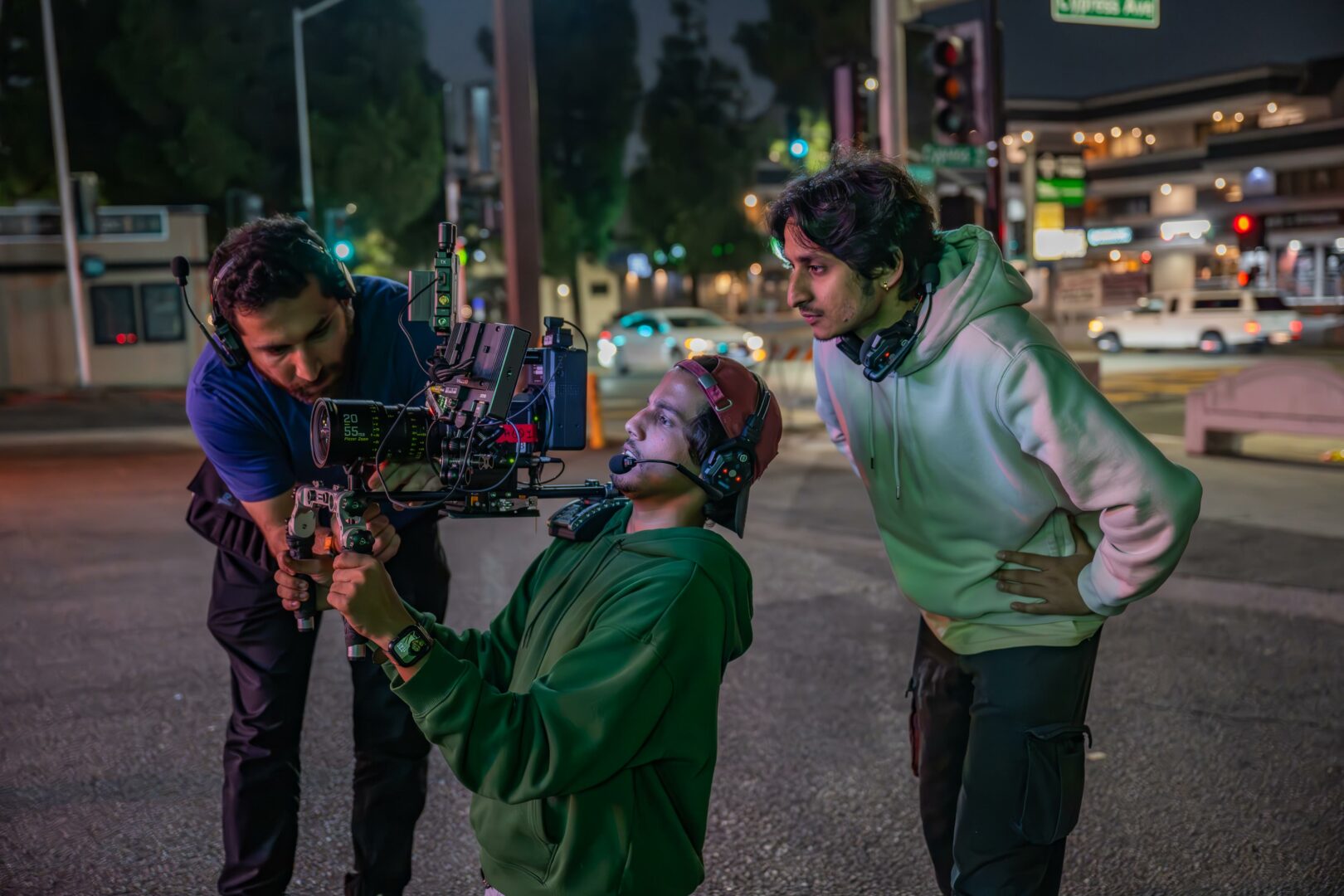
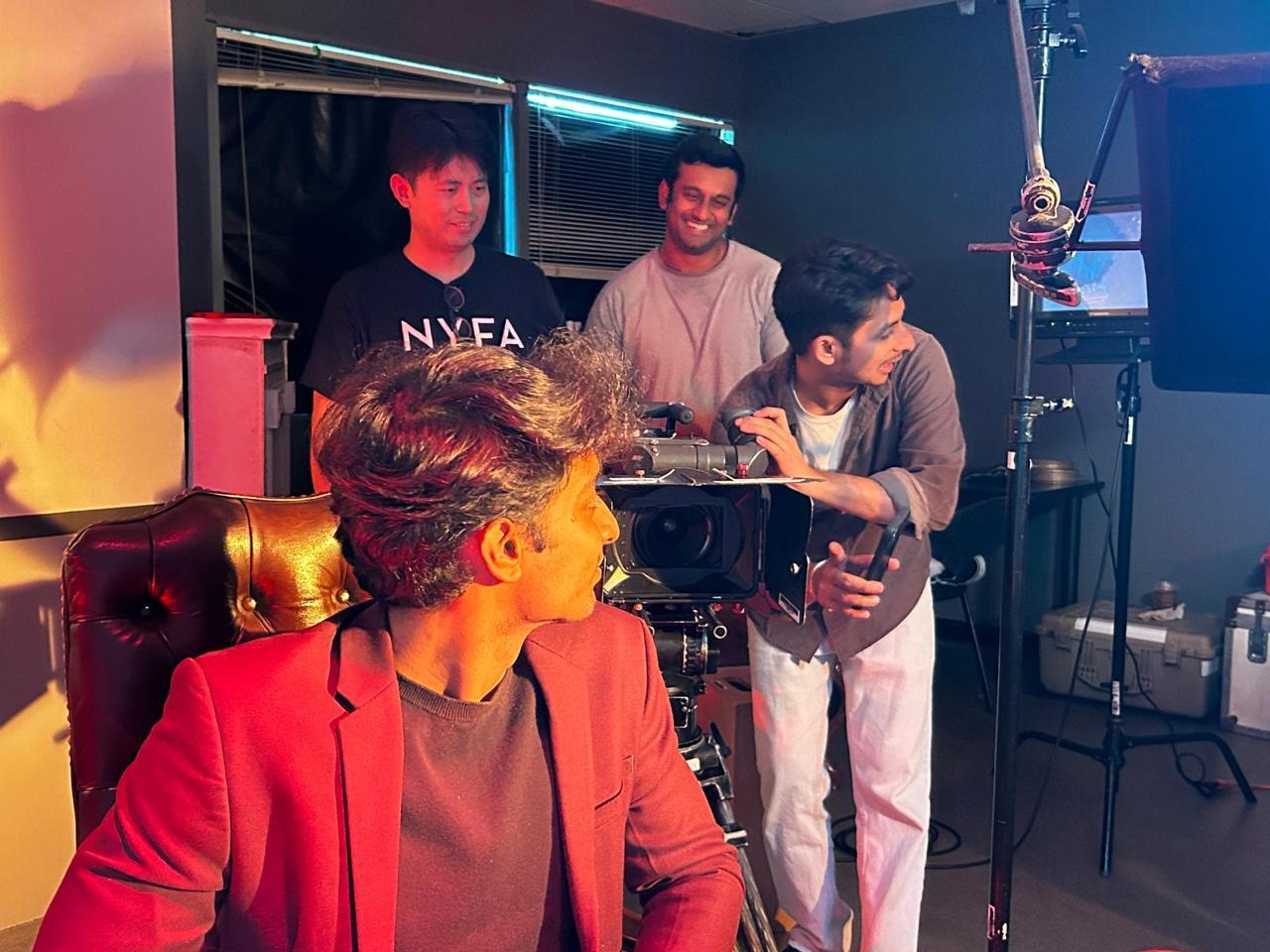
Thanks, so before we move on maybe you can share a bit more about yourself?
I’m a cinematographer based in Los Angeles, originally from Chandigarh, India. I started out on Bollywood sets as an assistant director, but even then, I was drawn to the frame more than the blocking. The way light, lensing, and texture shape meaning on screen always fascinated me. That interest led me to pursue a Master’s in Film and Media Production in the U.S., where I fully transitioned into cinematography.
Since then, I’ve worked across more than 30 productions, shorts, music videos, thesis films, and indie features, building experience from G&E and gaffer roles to leading projects as DP. My focus is on emotional storytelling, and I use lighting and composition to serve the psychology of the scene, not just the aesthetics.
Recently, I shot a sci-fi drama set in the year 2090, where I had to build a futuristic visual language using practical lighting and camera movement. Right after that, I was a cinematographer for a romantic music video grounded in soft natural tones and restrained camera work, a completely different emotional challenge. That range is what drives me.
Right now, I’m continuing to build my visual signature, controlled, grounded, and emotionally precise, while developing relationships with directors who want to push visual storytelling. For me, cinematography isn’t about decoration. It’s about control, instinct, and designing frames that feel like they belong to the story, not outside it.
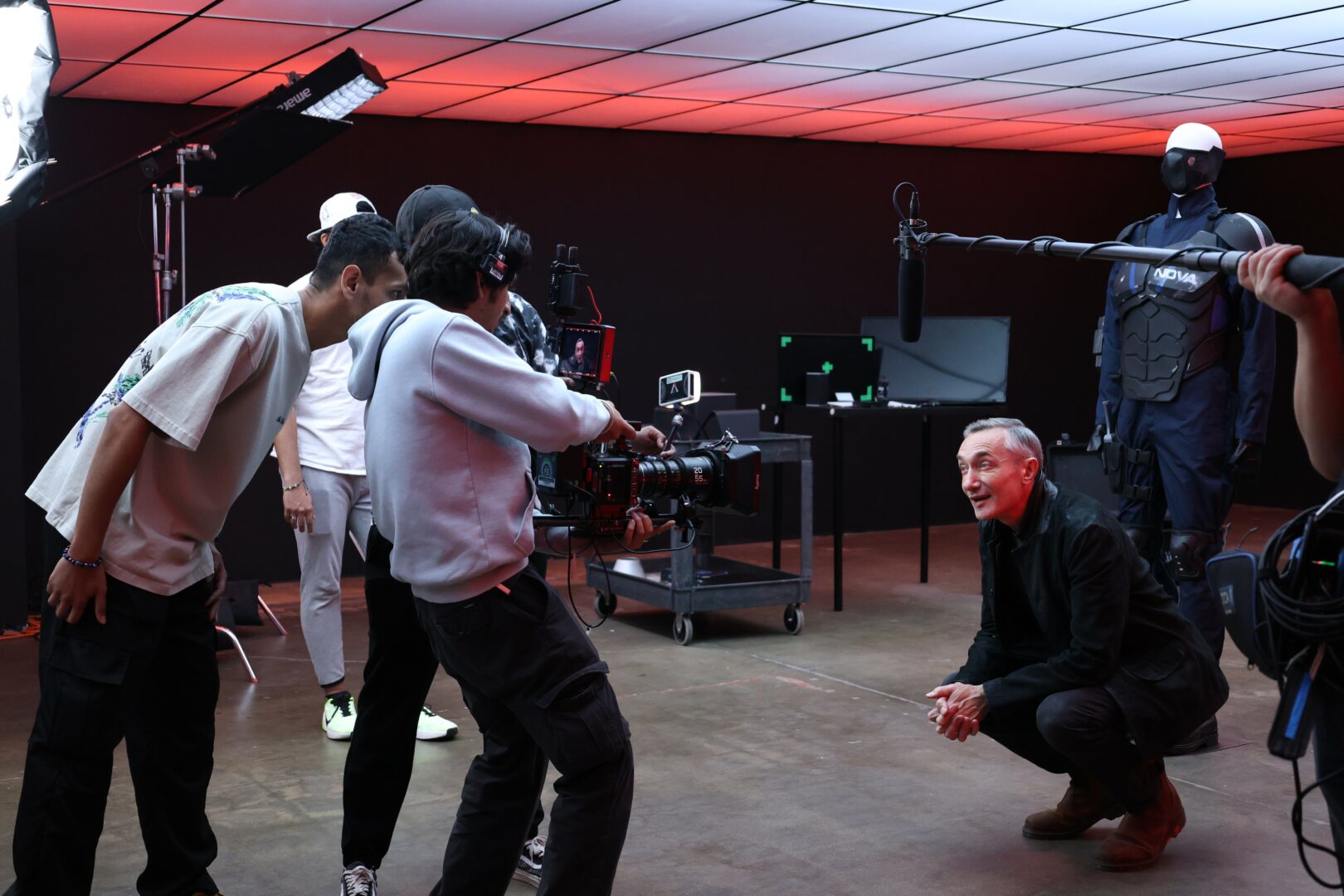
Looking back, what do you think were the three qualities, skills, or areas of knowledge that were most impactful in your journey? What advice do you have for folks who are early in their journey in terms of how they can best develop or improve on these?
Adaptability
No two sets run the same. As someone who transitioned from Bollywood to the U.S. film industry, I had to constantly relearn communication styles to adapt to the set hierarchy. Being adaptable isn’t just about survival; it’s about becoming the person people trust in unpredictable situations. My advice? Get comfortable being uncomfortable. Watch how things work in different environments and don’t assume your way is the only way.
Visual Discipline
Cinematography isn’t about having “a good eye”; it’s about control. Knowing what each lens does, how light behaves on different skin tones, and how color temperature shapes mood. The earlier you treat this as a craft, not a vibe, the faster you’ll grow. Shoot with intention, study great DPs frame by frame, and don’t light just to make something pretty, light to say something.
Collaborative Clarity
No one wants a DP who makes things harder. The best cinematographers I’ve worked with and the one I try to be knows how to communicate clearly with directors, gaffers, ADs, and actors. You need a strong vision, but also the awareness of when to push and when to pivot. My advice: don’t just learn how to shoot, learn how to listen. Clarity and calm under pressure will make you more valuable than talent alone ever will.
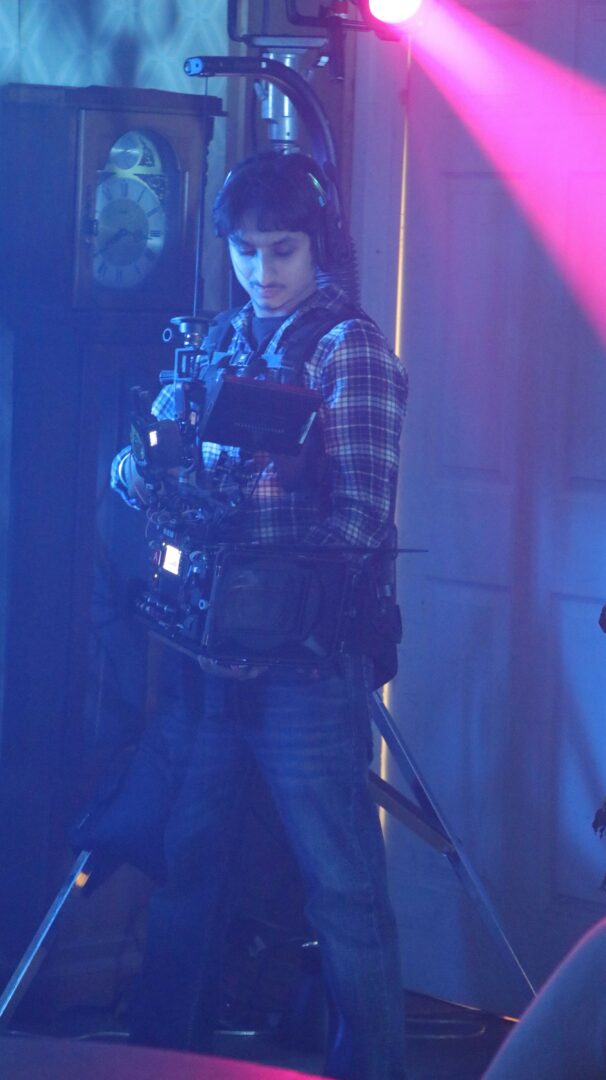
Before we go, maybe you can tell us a bit about your parents and what you feel was the most impactful thing they did for you?
My parents did more for me than I can ever repay. They gave me something most people never get: full belief. From the start, they supported my creative path, not just when things were going well, but even when it didn’t make sense to others.
In a family culture where most people pushed for engineering or medicine, my father told me, “Do what you want.” My grandfather once said, “If it makes you happy, it’ll make us happy.” That kind of permission changed everything.
Because of them, I never had to waste years proving myself in a field I didn’t love. I never had to hide my ambition or creativity. I’ve been able to take risks, chase a career in film, move across countries, and know that no matter what happens, my family is with me.
If they hadn’t supported me, I might’ve ended up stuck in a ‘safe job’ with no fire in me. Instead, I’m building a life I actually believe in. Every step I take toward success it’s rooted in what they gave me. I owe them everything.
Contact Info:
- Instagram: https://www.instagram.com/anubhav7k/?hl=en
- Linkedin: https://www.linkedin.com/in/anubhavkaushish?lipi=urn%3Ali%3Apage%3Ad_flagship3_profile_view_base_contact_details%3BL4vS%2FBeLQ8mhmbOOKA1iKA%3D%3D
- Other: Showreel: https://youtu.be/LWqdK5dOeYQ
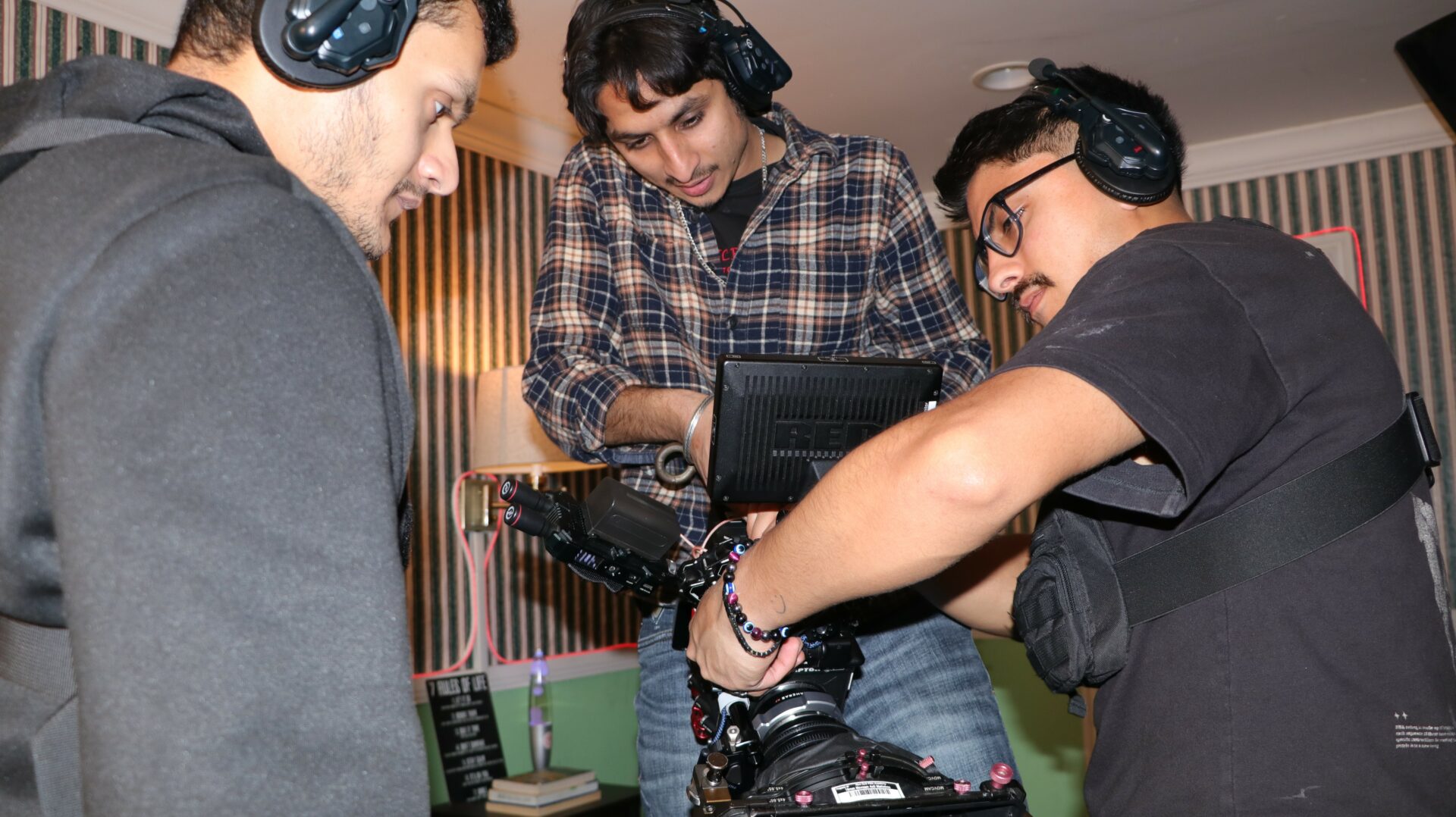
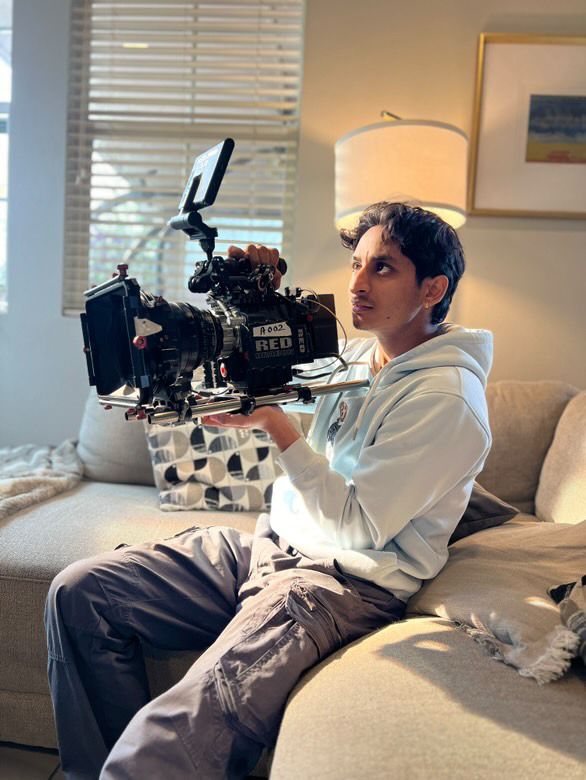
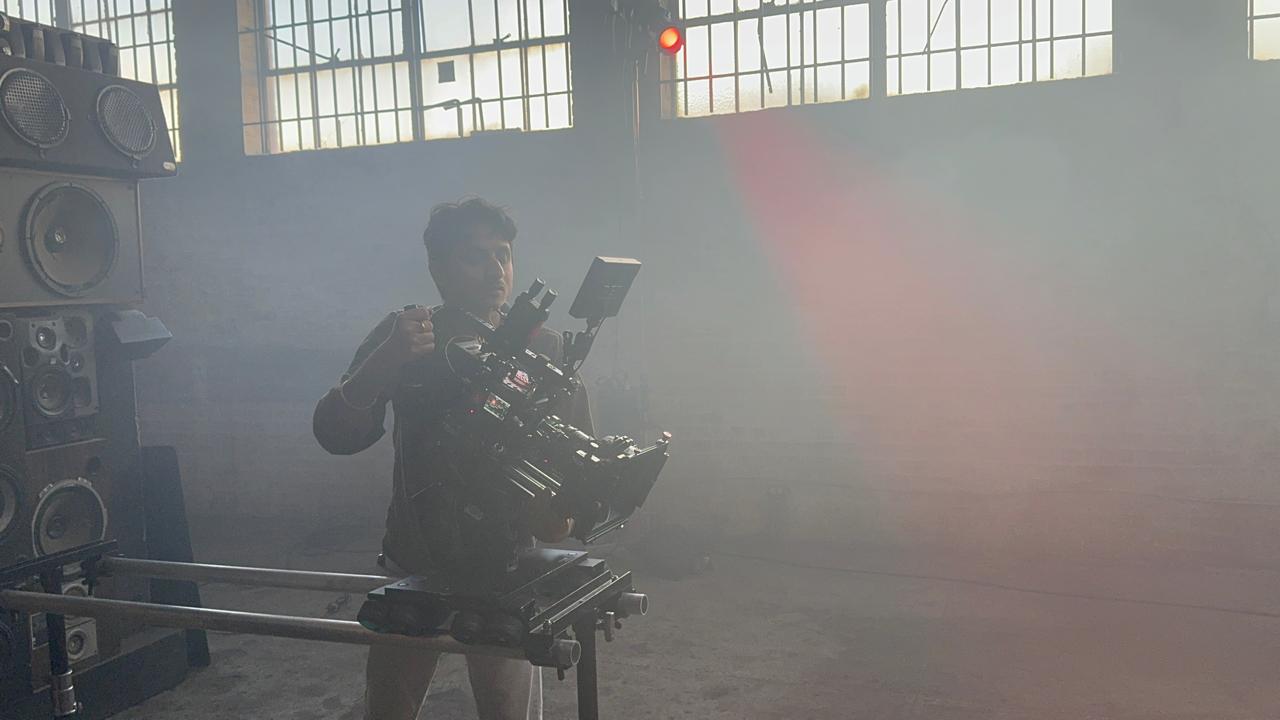
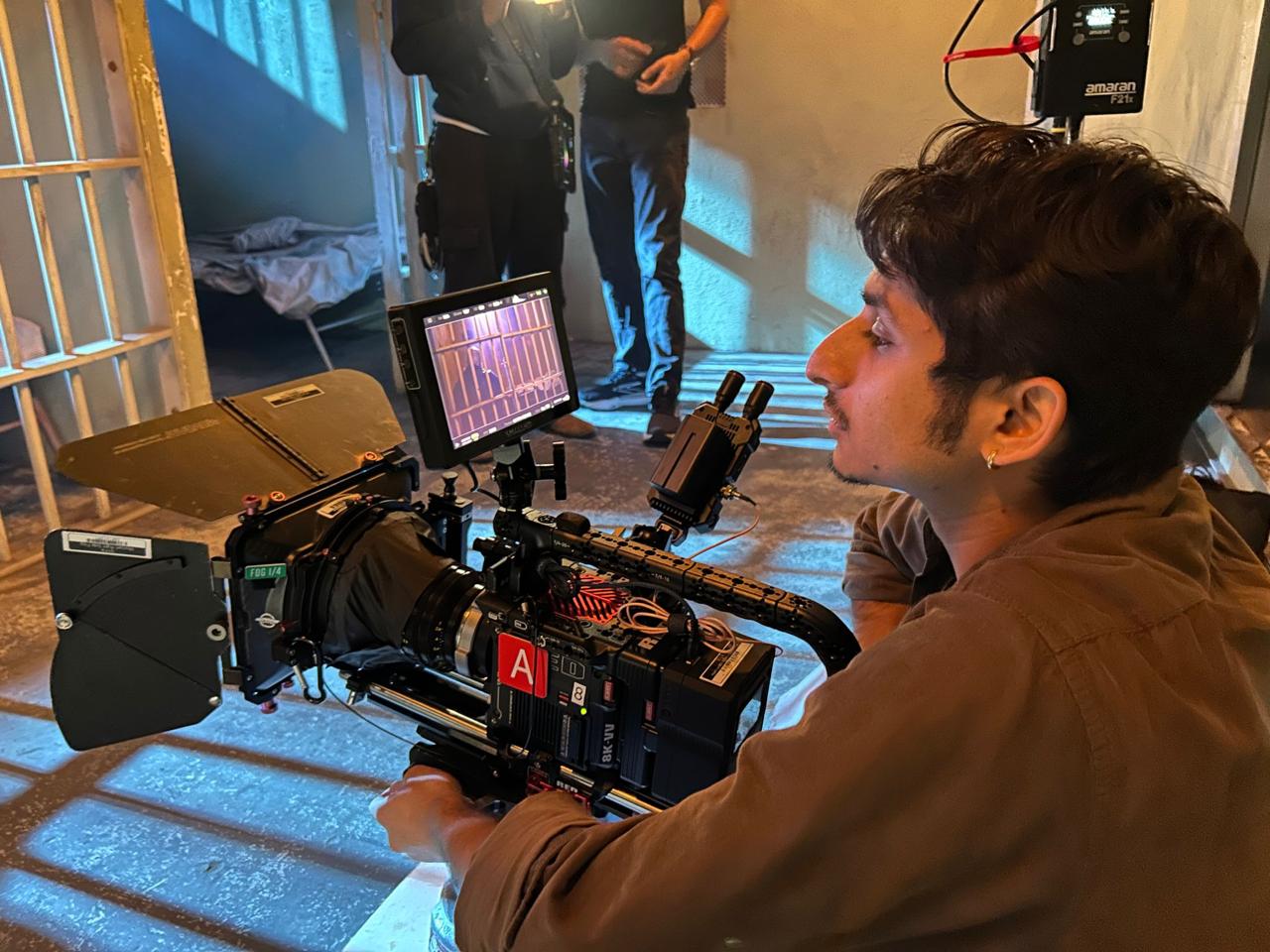
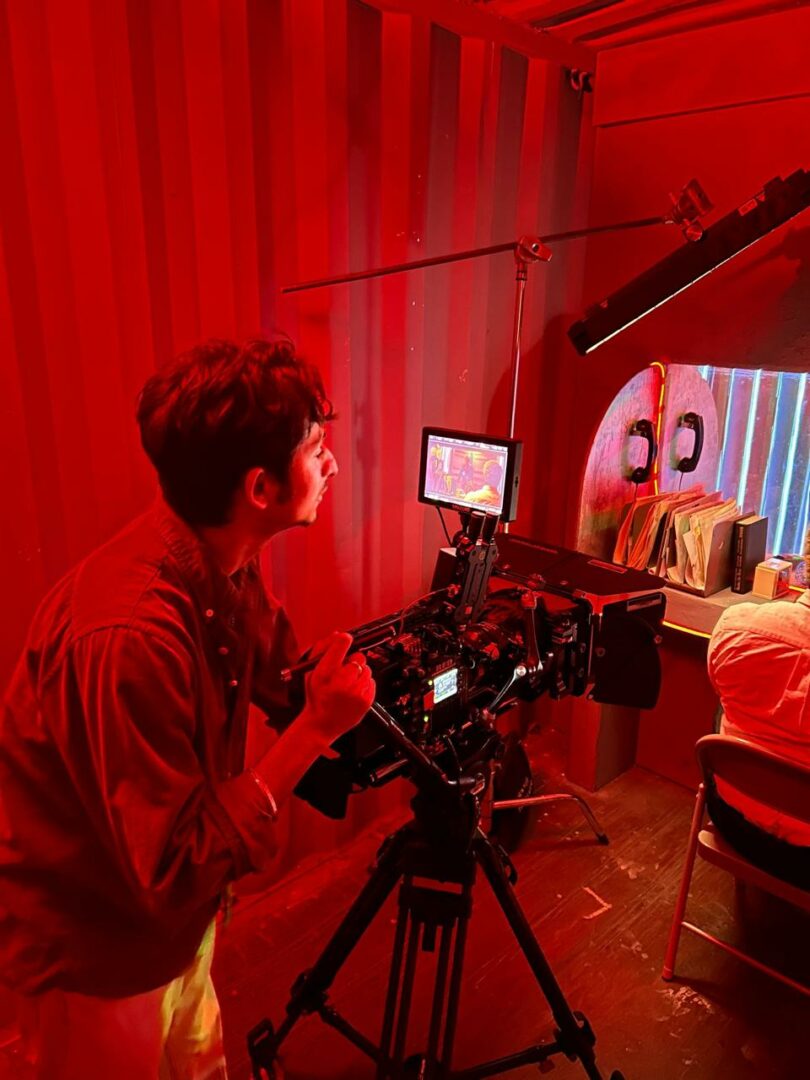
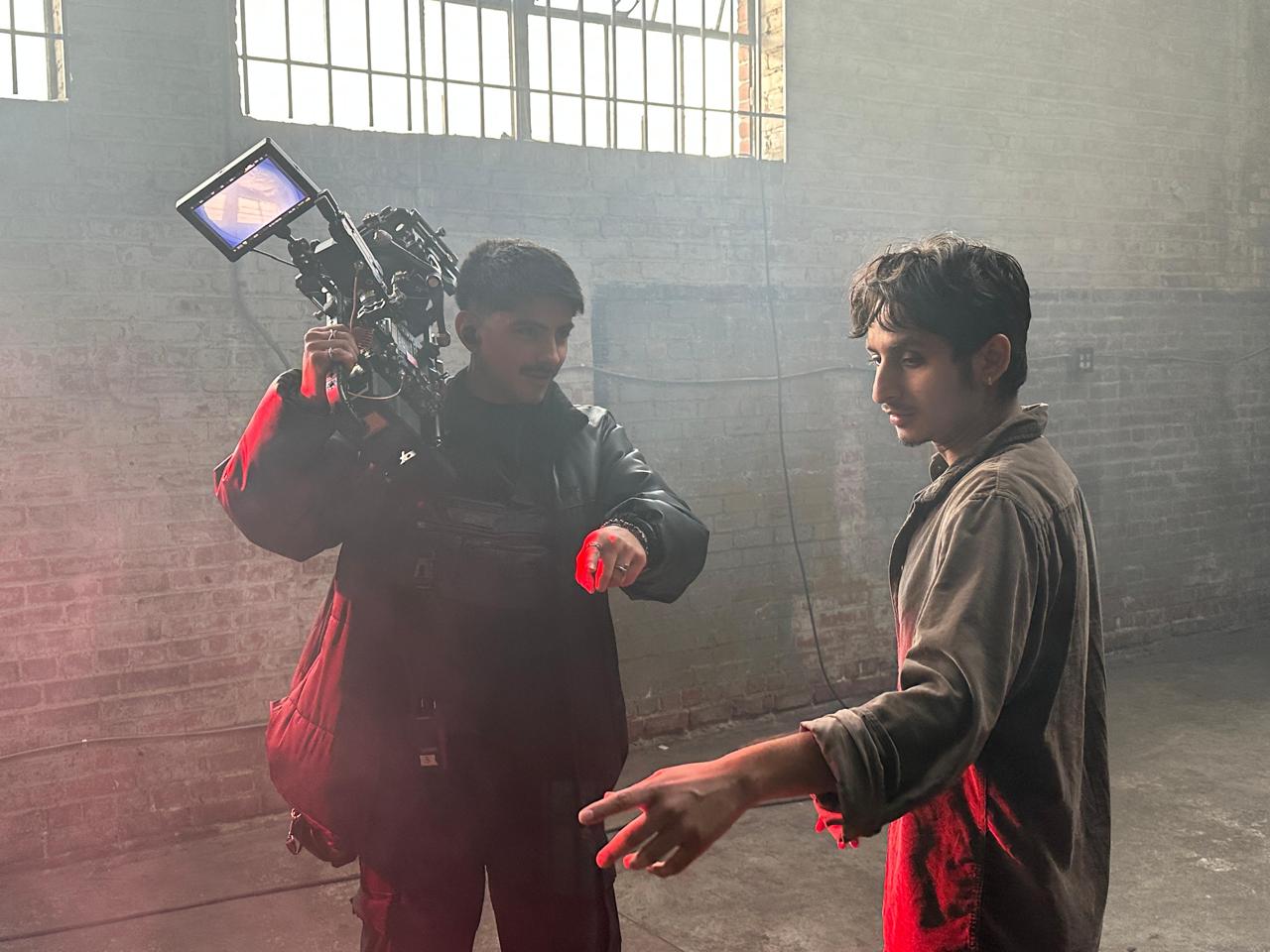
so if you or someone you know deserves recognition please let us know here.

